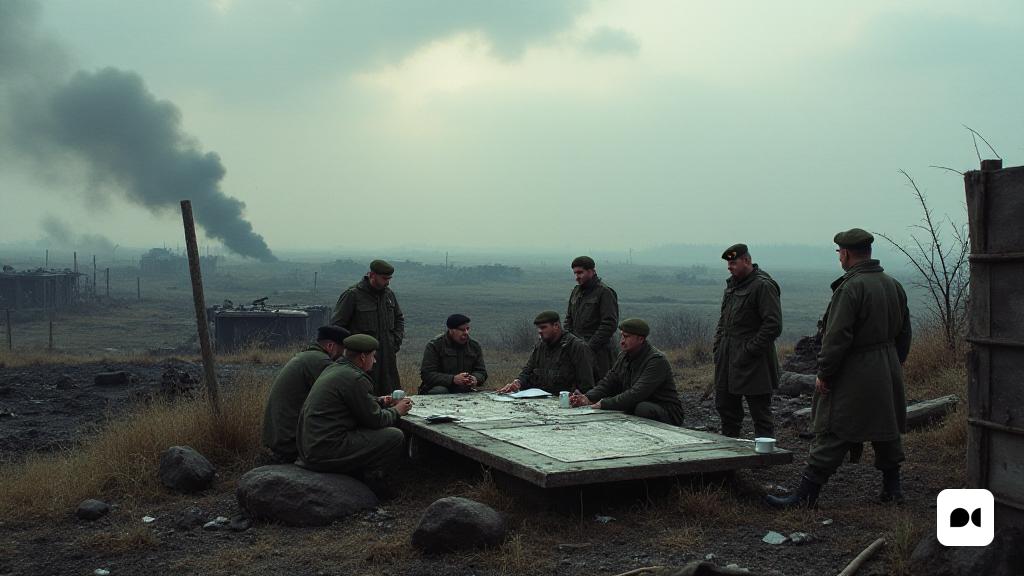The Battle of Kursk: an unexpected turn in the conflict
About half a year ago, Ukraine’s military forces surprised the world with an offensive in the Russian region of Kursk, conquering more than a thousand square kilometers of territory. This strategic maneuver, however, was not exempt from controversy, as some sectors of the Ukrainian army criticized the operation as a waste of resources that could have been better intended to slow down the advance of Russian troops in Donbàs.
The human cost of the offensive
President Volodimir Zelenski and his military advisers argue that the effort has been successful, citing that Russia has lost approximately 40,000 soldiers, including 16,000, in their attempt to regain control of the territory. This situation has weakening the Russian military abilities to the Donbàs, which were already in a difficult situation.
A key factor in negotiations
In addition to losses on the battlefield, control over the Russian territory occupied by Ukraine can become a decisive element in the next peace negotiations, which seem to be closer and closer.
Impact of North Korean troops
Zelenski emphasized that the Ukrainian resistance to Kursk has caused significant damage to the North Korean forces that were sent to strengthen the Russian army. It is estimated that these troops have lost about 4,000 soldiers, with a total of 12,000 out -of -combat troops, which has kept 60,000 occupied Russian soldiers fighting in this region.
Russian reinforcements and their response
Although Russia initially did not send significant reinforcements to the Kursk area, unit movements have recently been observed from the Donbàs to this region, to strengthen its defensive lines.
Ukraine’s losses: a worrying balance
Despite success, Ukraine has also suffered high human cost, with hundreds of lost soldiers, including members of elite units who were mobilized during the offensive. This has left a difficult vacuum to cover, as the country has failed to generate new strengths at the expected rhythm, despite the recent general mobilization.
A new dynamic in negotiations
The situation is further complicated by the statements of Zelenski, who has recently expressed his willingness to dialogue directly with Vladimir Putin. This opening could mark significant change, although the Russian leader does not yet recognize Zelenski as a legitimate interlocutor.
International pressure as a engine of change
The situation in Ukraine could be affected by the pressure of the United States, with Donald Trump threatening with mass sanctions in Russia if he does not agree to sit down to negotiate with Zelenski. These international dynamics could be decisive for the evolution of the conflict and its possible resolution.

